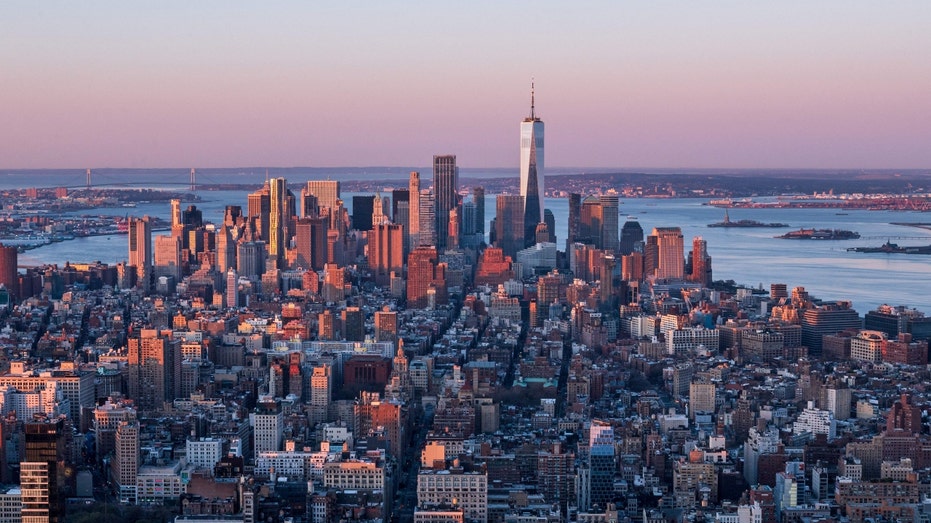New real estate opportunity brewing as some Americans opt to rent, CEO says
Being a 'forever renter' is attractive to millennials and empty nesters, says the Post Brothers CEO
Michael Pestronk on tapping into 'forever renters' market
Post Brothers CEO and co-founder Michael Pestronk examines the driving trend behind 'forever renters.'
As economic woes continue to pummel the housing industry, one real estate developer is finding opportunities within a new market – the "forever renters."
Post Brothers CEO and co-founder Michael Pestronk joined "Varney & Co." Friday to discuss the real estate opportunity brewing in urban areas as some Americans are opting to rent instead of buying a home.
"The biggest issue, especially in large established metro areas, is a lack of product. There's no such thing as a starter home in large [Metropolitan Statistical Areas] anymore. There's no land available to build housing within commutable distances of jobs," he explained.
Pestronk argued that "bigger" and "better" apartments are the ideal starter homes for those who live in big cities.
The real estate expert said that a portion of "forever renters" are of the "higher-end" demographic and have an eye for apartments with large scale rooms, sophisticated aesthetics and kid-friendly amenities.
"Most apartment buildings, especially over the last 10 years, have been built targeting a 27-year-old. And they have orange doodads as the design theme," he told host Stuart Varney.

The Manhattan skyline is seen at sunrise from the 86th floor observatory of the Empire State Building on April 3, 2021, in New York City. - The Empire State Building, a 102-story Art Deco skyscraper in Midtown Manhattan, opened during the Great Depre ((Photo by ANGELA WEISS/AFP via Getty Images) / Getty Images)
"We have a mid-Atlantic focused portfolio. Our average renter 10 years ago was 29. Today it's 33. But we also have way more renters of the 35 to 45, making well over $150,000 than we used to have," he said.
PAYING RENT STILL A PROBLEM FOR 24% OF RENTERS
The Post Brothers CEO said the rent could range from $4,000 to $8,000, arguing it’s "not inexpensive" but on the "favorable" end compared to the cost of owning a home.
"These buildings, especially the ones that we're focused on, are in locations where there is no opportunity otherwise to build new housing because they're completely infill, there's no land available. And so they're in the locations that are in the highest demand," he expressed.
Pestronk said the concept has not only attracted millennials but empty nesters as well.
"The biggest part of this story is really that the millennial generation has come of an age and an income level, where in previous generations they would have been moving to the suburbs and buying houses, and they’re not," he said.
Real estate market is completely different from anything we've ever seen: Katrina Campins
'Mansion Global' host Katrina Campins analyzes the housing market and identifies which areas could explode when interest rates retreat on 'The Big Money Show.'





















